An Individualized Treatment Plan
An initial assessment session is typically one hour in duration but can extend into subsequent sessions depending on the age and abilities of each client. Therapy sessions can be scheduled for 30, 45 and 60 minutes; the duration and frequency will be discussed with your therapist to create an individualized approach, using our Treatment Stages.
Treatment Stages
Click on a puzzle piece to learn more about each stage of treatment.
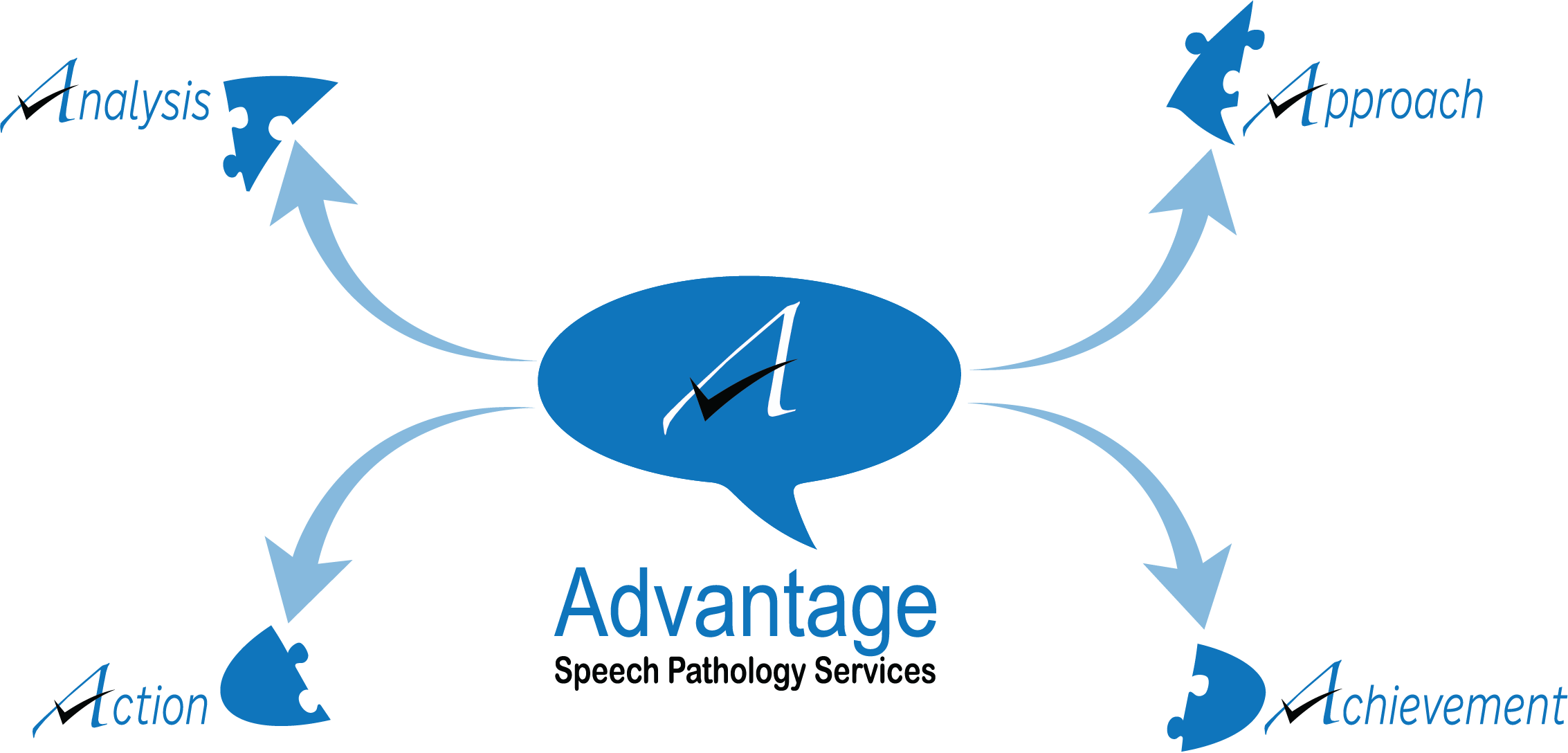
Analysis
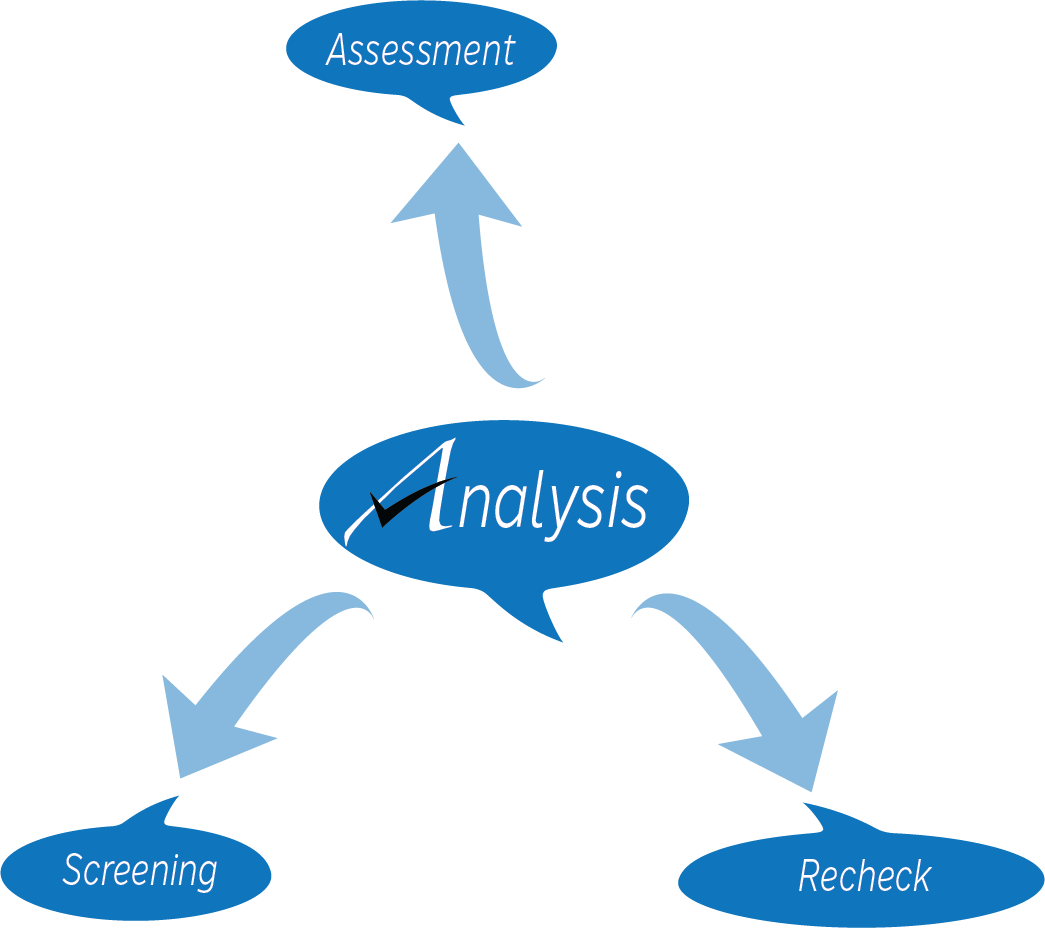
Action
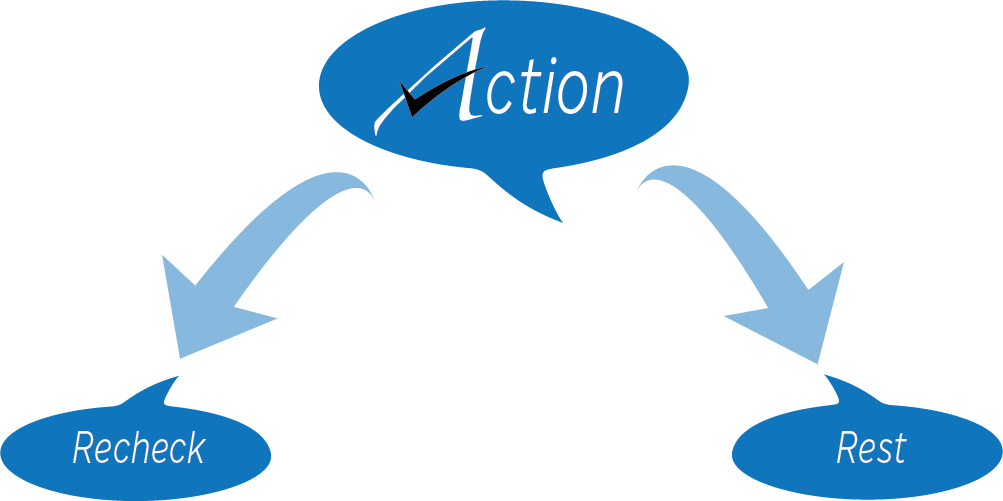
Approach
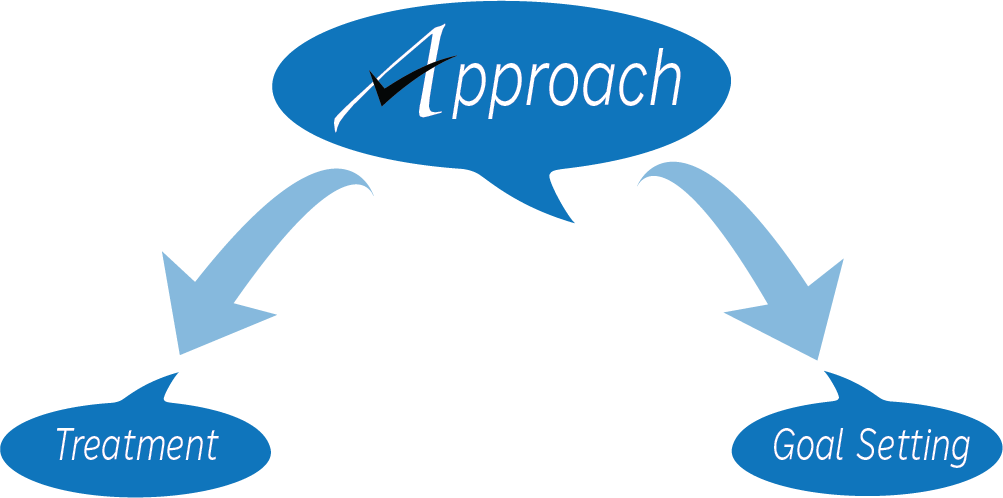
Achievement
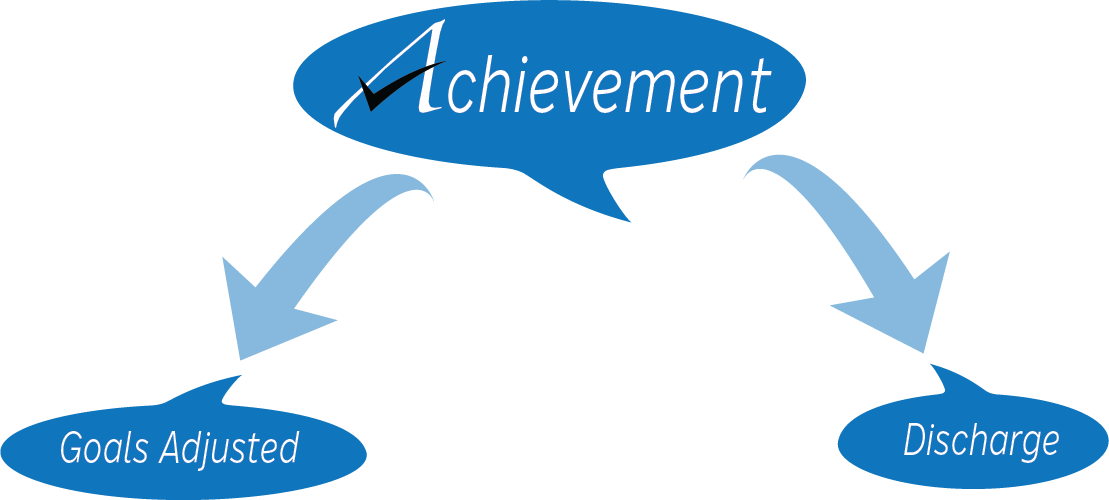
Our Services
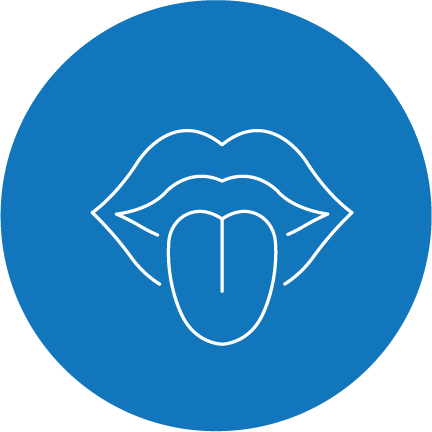
Motor Speech
Motor speech is characterized by an incoordination of the speech muscles (tongue, jaw, lips) to produce clear speech. This occurs with or without impairment to the speech muscles. The result is unintelligible speech with decreased clarity.
Approach: 1-3 sessions per week
Action: progress recheck to follow
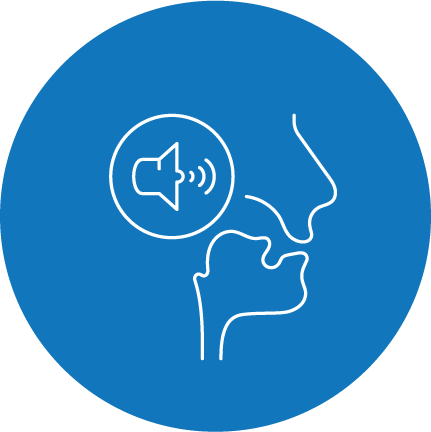
Articulation and Phonology
When individual speech sounds are substituted, such as fumb for thumb, support in the area of articulation is required.
When groups or patterns of speech sounds are affected, this is referred to as phonological in nature.
Approach: 1 session per week
Action: progress recheck to follow/suggest group therapy
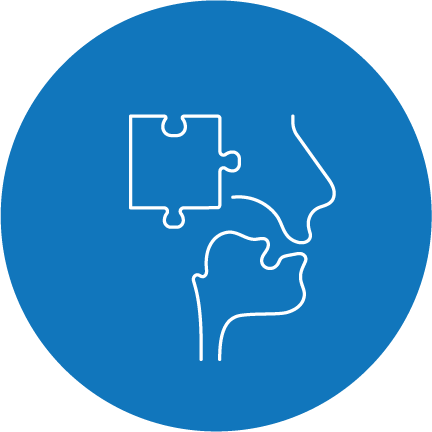
Receptive and Expressive Language
Support can be provided in either receptive language, expressive language or both.
Receptive language refers to the understanding of/or comprehension of language.
Expressive language refers to verbal language.
Approach: 1 session per week
Action: progress recheck to follow
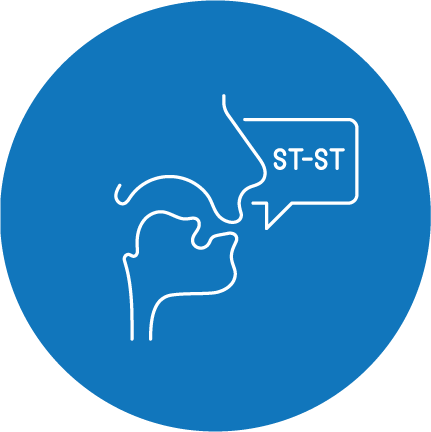
Fluency (Stuttering)
Disruptions in the flow of speech can be characterized by word repetitions (My-my-my name is…), sound prolongations (m-m-m-my), frequent interjections or fillers (um, um, um), and/or blocking (getting words out).
Approach: 1 session per week
Action: progress recheck to follow
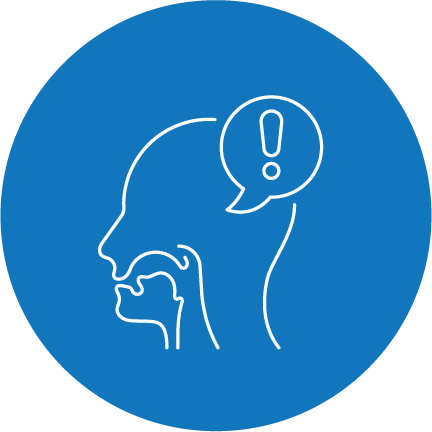
Literacy Skills
The ability to read and write. Knowledge of vocabulary, print awareness, phonological awareness and narratives are referred to as pre-literacy skills.
Approach: 1-2 sessions per week
Action: progress recheck to follow
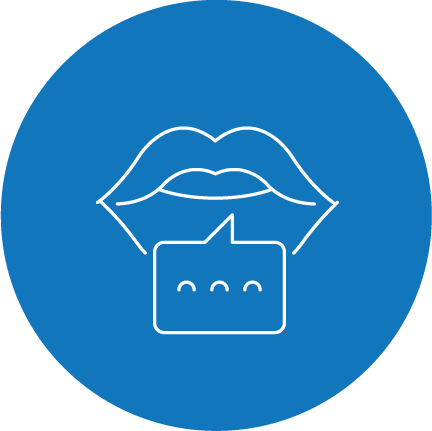
Early Language – Parent Education
A process by which children begin to understand that they can communicate their needs and wants with others around them.
Parent/caregiver education is a crucial step that provides instruction to assist in the development of skills in young children.
Approach: 1 session per week
Action: progress recheck to follow
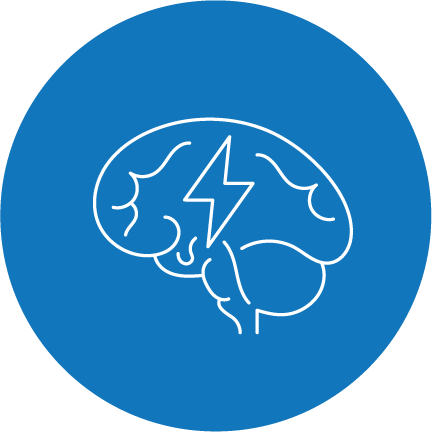
Aphasia
Aphasia is the result of a stroke or head injury/insult. It affects the ability to communicate by impacting the ability to speak, write and understand verbal and written language. The most common types are: Broca’s, Wernicke’s and Global.
Approach: 1 session per week
Action: progress recheck to follow
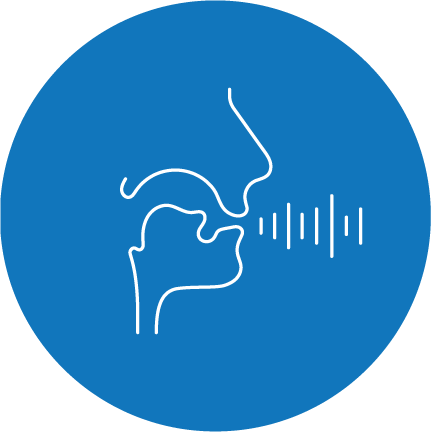
Voice
Voice therapy consists of techniques that target vocal parameters, such as vocal pitch, volume, and quality.
Approach: 1 session per week
Action: progress recheck to follow
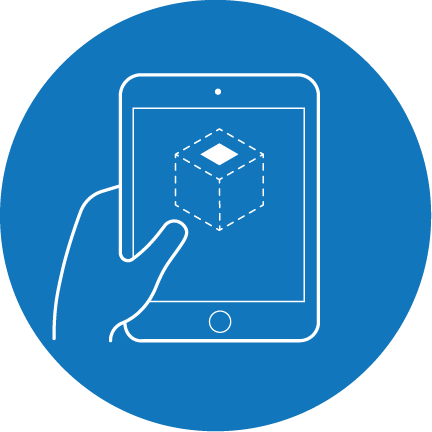
Augmentative & Alternative Communication
Tools and strategies that offer a way to send a message and be understood when speech is unintelligible to a listener. These low- and high-tech tools help enhance participation in daily activities, language learning and social connections with all partners. Parent/caregiver instruction to support AAC strategies are vital to developing positive communication outcomes. *Assessment for AAC devices is not provided. **Our sessions support existing prescriptions/devices for use/improved opportunities.
Approach: 1 session per week (45 minute session)

Virtual Care (Telepractice)
The application of telecommunications to the delivery of speech-language pathology services at a distance by linking clinician to client for assessment, intervention, and/or consultation.

